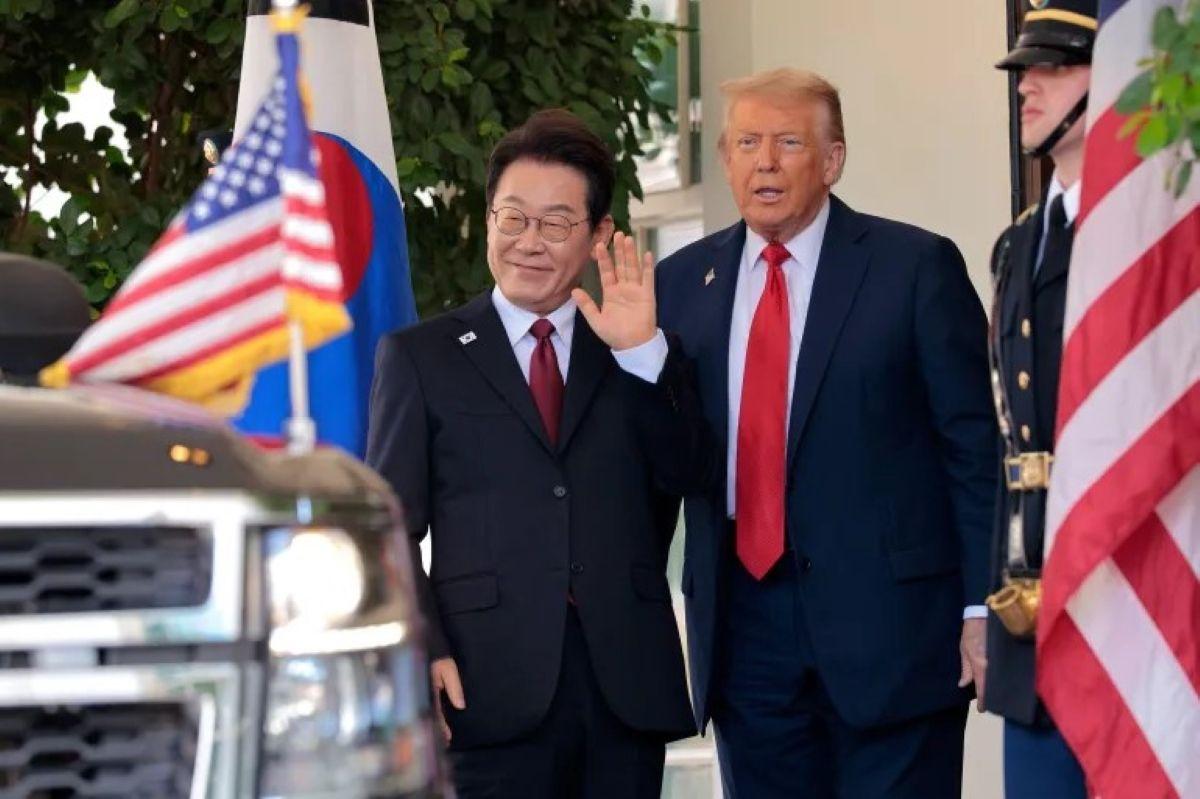South Korea Commits $150 Billion U.S. Investment as Trump Strikes Tariff Deal
By Tredu.com • 8/26/2025
Tredu

A Landmark Economic Understanding
In a high-stakes diplomatic and economic summit, South Korea pledged $150 billion in U.S. investments, securing reduced tariffs on exports under President Donald Trump’s latest trade framework. The move marks one of the largest commitments by Seoul to date, spanning technology, clean energy, shipbuilding, and aviation.
The announcement came during South Korean President Lee Jae-myung’s visit to Washington, a summit designed to deepen cooperation while easing friction over tariffs and trade balances.
Tariff Trade-Offs
The White House confirmed that the U.S. will impose a 15% tariff rate on South Korean imports, down from the threatened 25%. While still significant, the cut represents a compromise, aimed at balancing protectionist policies with incentives for foreign direct investment.
Analysts note that Trump’s tariff diplomacy is increasingly relying on “quid pro quo” arrangements, using tariff flexibility as leverage to unlock foreign investment into the American economy.
Mega Deals and Sector Impact
The commitments are not just numbers on paper. Major deals already announced include:
- Korean Air’s record Boeing order: A $50 billion agreement to purchase 103 Boeing jets, underscoring deepening aviation ties.
- Shipbuilding cooperation: South Korea is betting on reviving troubled U.S. shipyards through joint ventures and technology transfers.
- Energy and tech investment: Investments will target AI, semiconductor manufacturing, biotech, and nuclear power, signaling long-term collaboration in strategic industries.
These deals are part of a broader $350 billion non-binding investment framework under discussion, which could reshape U.S.–Korea economic relations for decades.
Geopolitical Context
Beyond the economics, the deal carries geopolitical weight. As Washington looks to diversify supply chains away from China, South Korea is emerging as a preferred strategic partner in critical sectors.
For Seoul, the pact offers both economic opportunity and political insurance, strengthening ties with Washington at a time of shifting alliances in Asia.
Market and Investor Takeaways
- Positive for U.S. manufacturing: Boeing and U.S. shipbuilders stand to gain.
- Boost for Korean conglomerates: Firms entering U.S. markets may benefit from tax incentives and subsidies.
- Trade balance impact: The tariff compromise could reduce friction, but protectionist risks remain.
Why It Matters
This agreement is more than a tariff deal—it’s a strategic investment pact that reflects the growing intersection of trade, geopolitics, and industrial policy. With $150 billion already pledged and up to $350 billion envisioned, the U.S.–South Korea partnership is set to become a cornerstone of both nations’ economic strategies.

How to Trade Like a Pro
Unlock the secrets of professional trading with our comprehensive guide. Discover proven strategies, risk management techniques, and market insights that will help you navigate the financial markets confidently and successfully.


